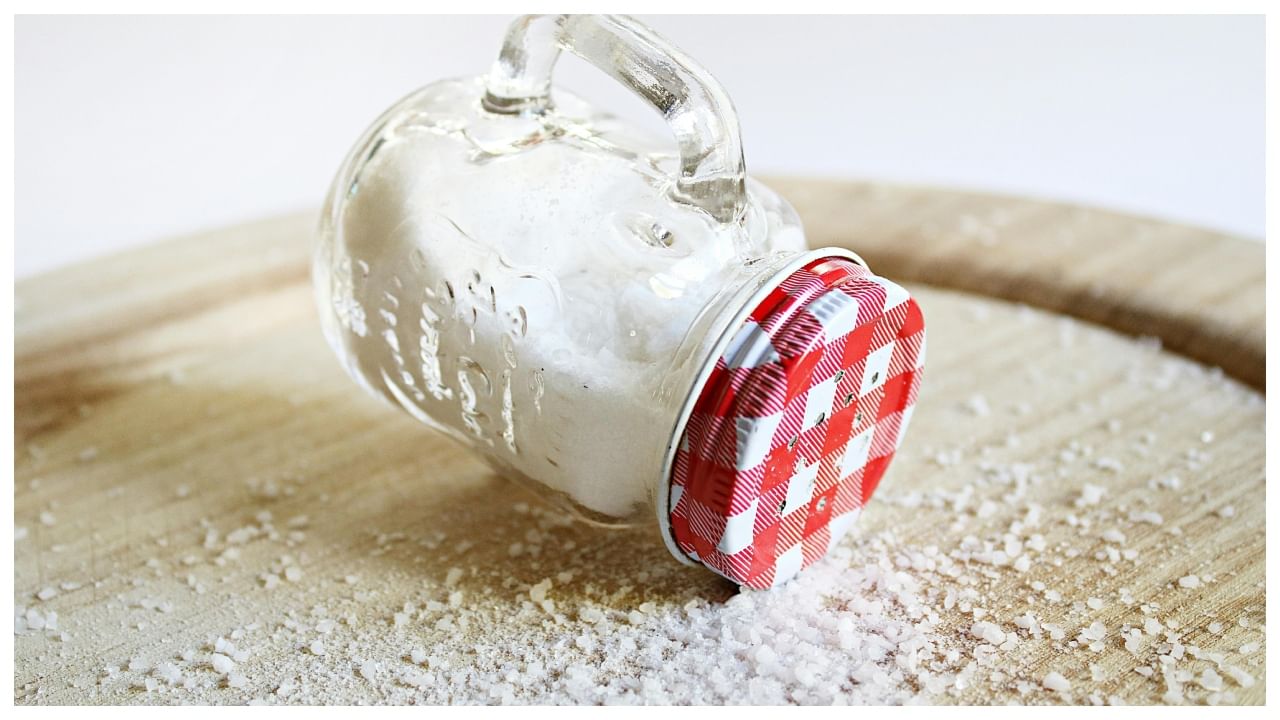New Delhi: Depression, being a mental health condition, doctors say that time and again it has been proven that diet has a huge role to play in it. While initially many blamed it on nutritional deficiencies and even aging, according to some researchers, a common condiment could also be to blame—and it is too common to be overlooked in any preparation. You guessed it right, it is salt. A recent study made a revelation that many ought to take with a pinch of salt, but turns out, this essential ingredient in excess can cause a great deal of damage to mental health.
How does salt increase depression risk?
According to a recent study on mice, eating too much sodium, a mineral in salt, can increase the risk of heart disease, stroke, kidney disease, and even depression. Scientists at the Nanjing Medical University came to this conclusion after noticing that mice who were given salty food were more likely to develop depression-like symptoms. This is because high-salt diets can affect the production of cytokine IL-17A, proteins that help curb inflammation in the body. They also allow the immune system to defend the body better against germs and infections. These were previously associated with depressive symptoms.
How to make the right dietary changes to reduce depression risk?
The study suggested limiting salt intake as one of the best ways to prevent mental health problems in the first place. It also opens avenues for treating depression with therapeutic strategies targeting IL-17A. Previously, studies have blamed depression risk on excessive intake of ultra-processed foods. Therefore, to examine the effect of salt on mental health, researchers gave a high-salt diet to mice for eight weeks and then examined their behaviour.
Five weeks later, mice started to gorge on salt and showed less interest in exploring things as compared to others on a low-sodium diet. The study was published in The Journal of Immunology, and it showed that mice who ate too much salt experienced higher levels of IL-17A in their cells. Researchers also noted that mice that could not produce IL-17A didn’t have a specific receptor and they did not display depression-like symptoms while being fed a high-salt diet.
How much salt should you eat daily?
According to the NHS, adults must not eat more than one teaspoon of salt in a day to keep the risk of hypertension at bay. This amounts to 6 grams of salt a day.
